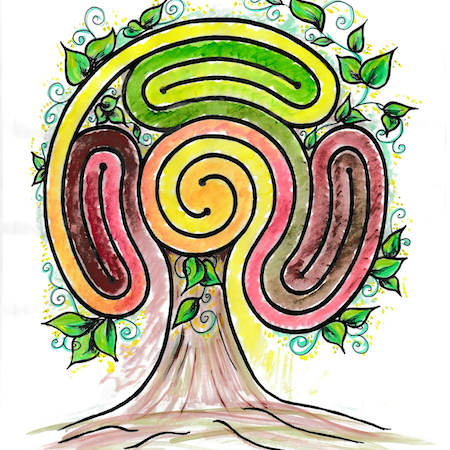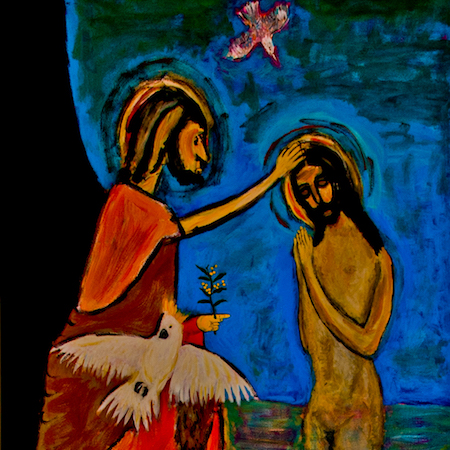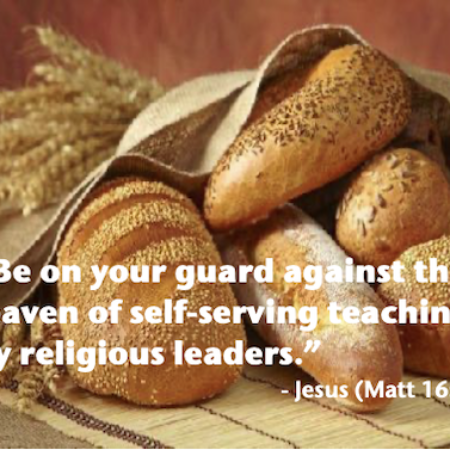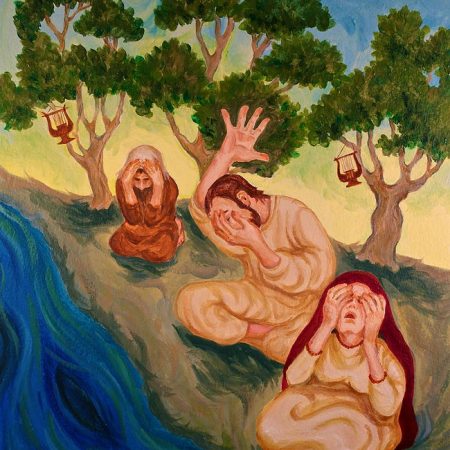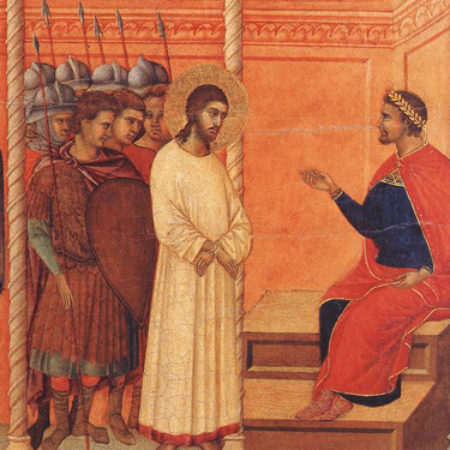Perhaps amidst the increasingly depressing state of the world, Jesus is calling us to learn the path of faithfulness from those who never win.
Sermons on Politics
In calling us into the culture of God, Jesus calls us to give up our addictions to tribalism, competitive grief, and selective compassion.
The book of Esther is like a joke that has aged badly, enabling us to see how righteous anger at anti-semitism can become its horrifying mirror image.
Despite our almost idolatrous attachment to social structures like traditional family and monarchy, God wants us to live up to our calling to be a radically egalitarian community of prayerful shared responsibility.
Jesus calls us to a new world in which the lives of nations revolve around bringing the previously marginalised to the centre of our national way of being. Nations that fail to do that collapse into self-destruction.
Many parts of the Bible can be and often are weaponised as tools of oppression, but when we read it critically, with and through the teachings and example of Jesus, it calls us to liberation and life.
If we keep imitating one another, paying back violence with vengeance, the world will be consumed in an escalating fury, but Jesus rescues us and gives us a life-giving example to follow.
God’s offer of unlimited forgiveness creates a new world in which we are free to stop judging one another and turning on one another and spiralling into violence and hatred.
Jesus comes to break us free from oppressive understandings of God and of God’s expectations of us.
Our unwitting abusive treatment of the Royal family is a symptom of our entanglement in systemic persecution.
Much traditional morality is based on the idea of separation into binary categories, good and bad, but the Bible also points a path towards a liberating non-binary future in God.
If we are to call Christ a King and still remain faithful to him, we must begin with the subversion of the very concept of kingship that Jesus points to when he is questioned by Pilate.
In baptism we are anointed to reign with Christ over a new creation, but it is a reign of suffering servanthood, not of reckless force.
In the face of global suffering, we continue to give praise for the power that is working on the side of love, and we unite our power with God’s power until we see God’s will being done.
Self-interested leaders will frequently manufacture frightening images of an angry dangerous God to silence opposition and maintain their grip on power, but Jesus opens our eyes to these abuses and to the reality of a God of incorruptible love.
The saints of God are engaged in a war between conflicting empires battling for control of the world, but Jesus has radically transformed our understanding of how we fight.
When God calls us to invest in the places we live, it is a call to active agents of positive change, not compliant patriots.
The threat of extreme climate change can only be averted with a major spiritual transformation, and Jesus shows the way.
I acknowledge the Traditional Owners of the land on which we meet today. I pay my respects to their Elders, past and present, and emerging. I pay my respects to any who may be here today. I’m not sure if you know this but I read this week that Australia Day as a celebration of the founding of this nation only became…
In the face of a politics grounded in nationalist arrogance and fake news, Jesus proclaims a ‘kingdom’ grounded in shared humanity and truth.











